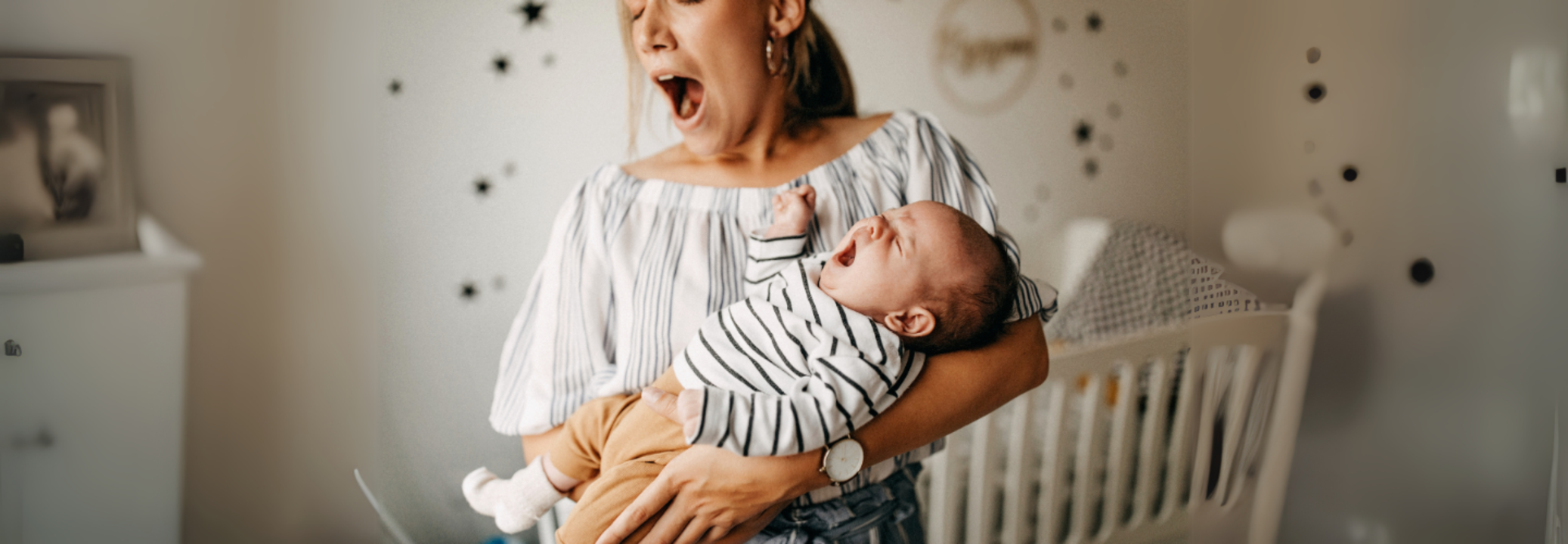Postpartum Psychosis Is 10 Times More Likely For Women With Family Link To The Condition

(Credit-Canva)
SummaryPregnancy and childbirth can be a difficult phase for mothers. While people often misunderstand the aftermath of pregnancy on women, a new study shows a family link in women experiencing postpartum psychosis.
End of Article
